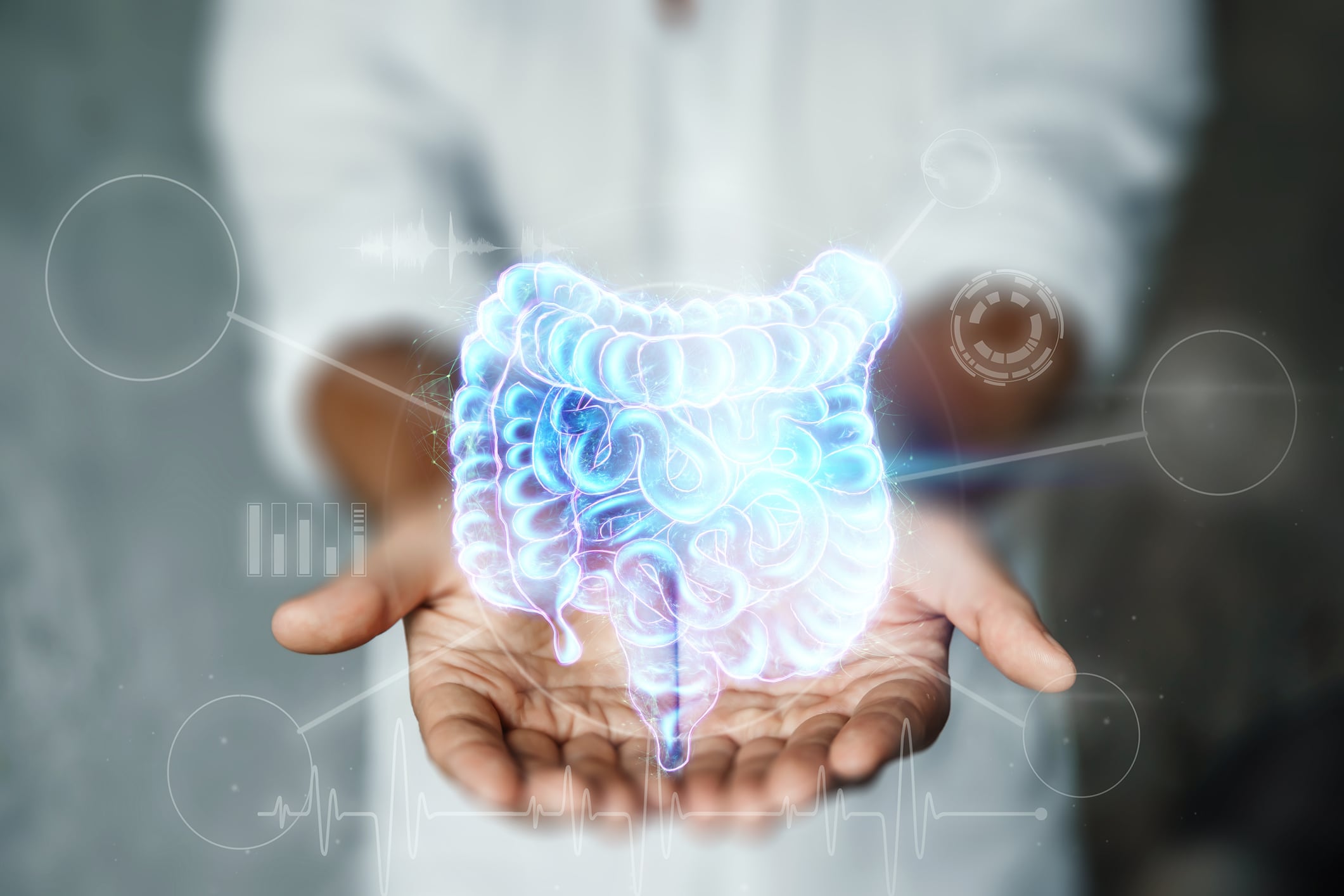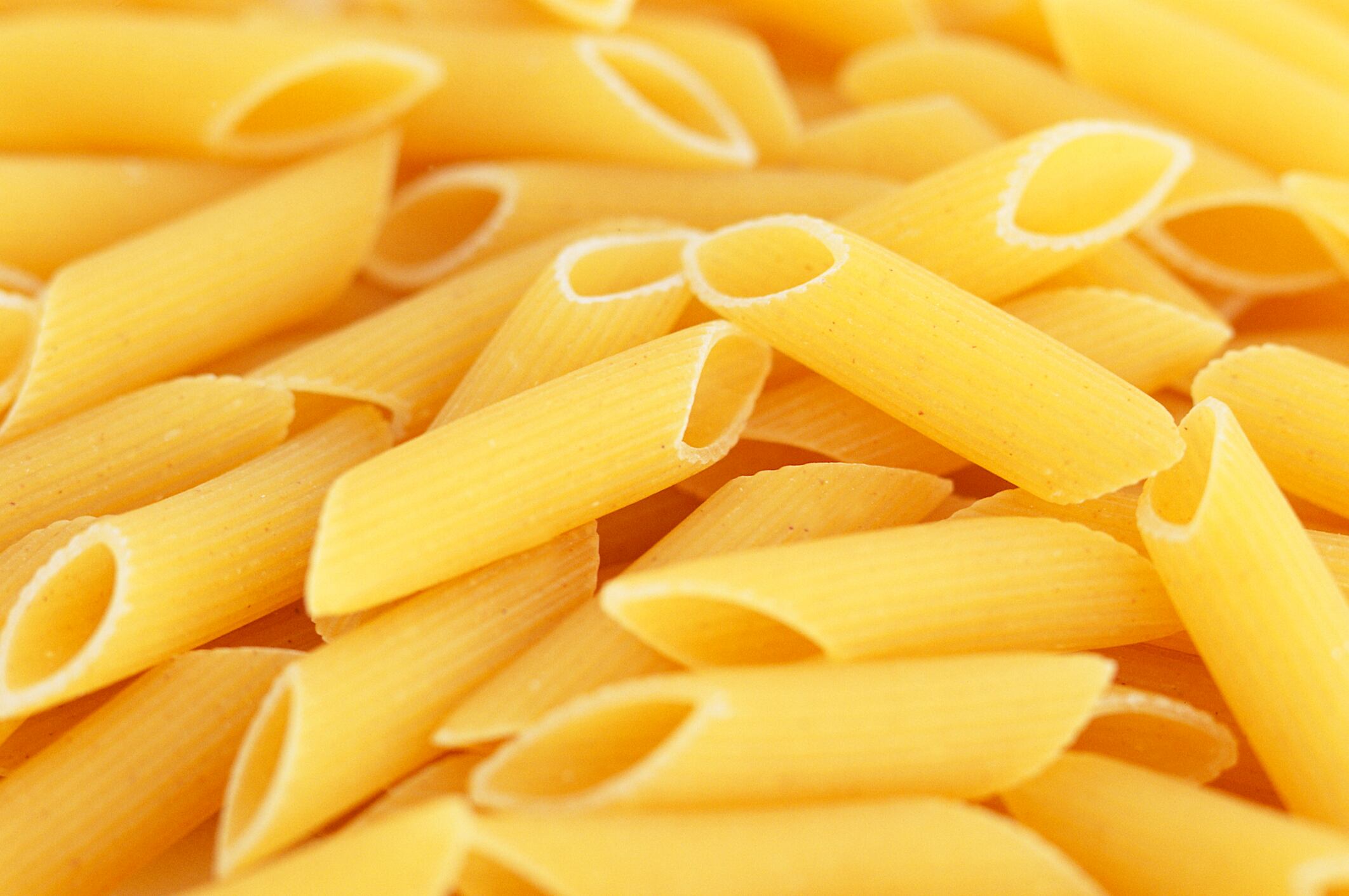Researchers in China compared wild-type Lp20 (Lp20-WT)—a strain of the bacterium that possesses natural, functional copies of certain genes which provide high BSH activity—to a BSH1 knockout mutant, which exhibits significantly reduced or no measurable bile salt hydrolase (BSH) activity.
They found the beneficial effects on high-fat diet-fed mice were only present in the wild type, providing “direct evidence of BSH’s anti-obesity effects through gene deletion,” they wrote in the journal Nutrients.
“Specifically, BSH lowers cholesterol by modulating hepatic bile-acid metabolism-related gene expression and altering the gut microbiota composition,” they explained, noting that their results need further large-scale human validation.
Global obesity rising
The World Obesity Atlas 2023 report predicted that more than half the global population will live with overweight and obesity within 12 years if prevention, treatment and support do not improve.
As conventional treatments are costly, have side effects and poor adherence, probiotics are emerging as effective alternatives for managing metabolic disorders.
Bile acids are synthesized in the liver from cholesterol and stored in the gallbladder, where they are released to help the gut digest and absorb fats and fat-soluble vitamins. BSH is an enzyme that is widespread among gut microbes and initiates the deconjugation of bile acids, transforming them into free bile acids.
Probiotic strains with high BSH activity can modulate bile acid metabolism, influencing fat digestion and cholesterol levels. However, the BSH activity of lactic acid bacteria varies, with Lactiplantibacillus serving as a major microbial reservoir of this enzyme, according to the study report.
“These findings provide strong evidence in this model that BSH activity underlies the obesity-ameliorating effects of Lp20, while recognizing that additional microbial metabolites (e.g., SCFAs, CLA) may also participate,” the researchers reported.
Study details
The study evaluated 28 L. plantarum (Lp) strains for their hydrolytic activity against the bile salt glycochenodeoxycholic acid (GDCA).
“L. plantarum Lp20 hydrolyzed 91.62% of GDCA, exhibited the highest bile-salt hydrolase (BSH) activity among tested isolates”, the researchers wrote.
To establish a causal link between BSH and anti-obesity effects, they produced a bile salt hydrolase (BSH) knockout mutant and randomly assigned six diet-induced obese mice to consume either the mutant or wild-type Lp20 for eight weeks.
The results showed that daily consumption of the wild-type strain “markedly curbed weight gain,” reduced adipose tissue and fat mass, lowered cholesterol markers and reversed hepatic steatosis. In contrast, the mutant “failed to elicit any measurable metabolic benefit.”
The researchers noted Lp20-WT upregulated rate-limiting bile-acid enzymes, accelerating cholesterol breakdown. It also modulated hepatic metabolism, enhancing beneficial bacteria while reducing harmful species.
Lp20-WT also restructured the gut microbiota by notably enhancing the abundance of beneficial bacteria such as norank_f__Muribaculaceae, Akkermansia and Alistipes, while reducing the abundance of potentially harmful taxa, including norank_f__Desulfovibrionaceae, Dubosiella and Mucispirillum.
“In mice, bile acids are predominantly tauroconjugated, while in humans, they are primarily glycoconjugated; this difference might affect Lp20’s efficacy in humans,” the researchers wrote, also noting the differences in gut microbiota in mice and humans.
They therefore called for additional studies to determine the human benefits of their findings.
Source: Nutrients 2025, 17(22), 3555. doi: https://doi.org/10.3390/nu17223555. “Lactiplantibacillus plantarum Lp20 Alleviates High Fat Diet-Induced Obesity in Mice via Its Bile Salt Hydrolase Activity”. Authors: X. Bai et al.




